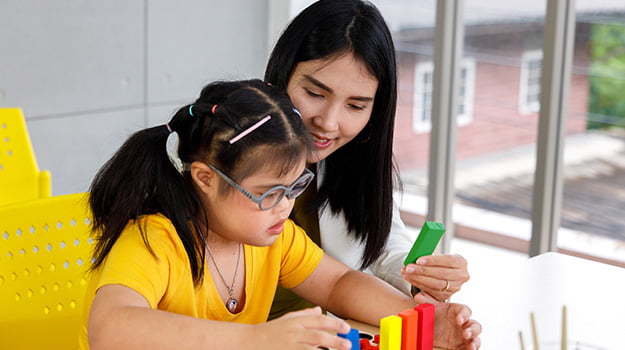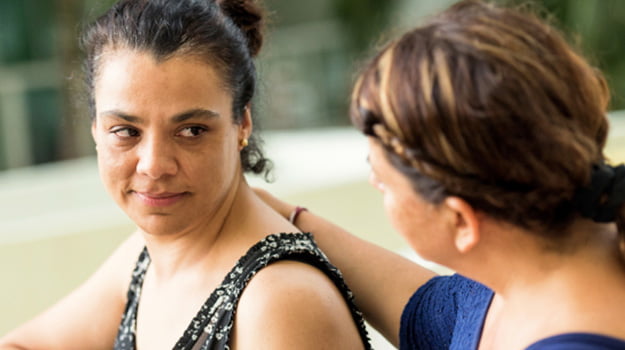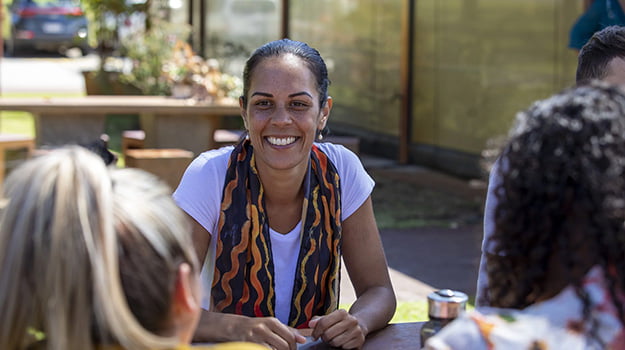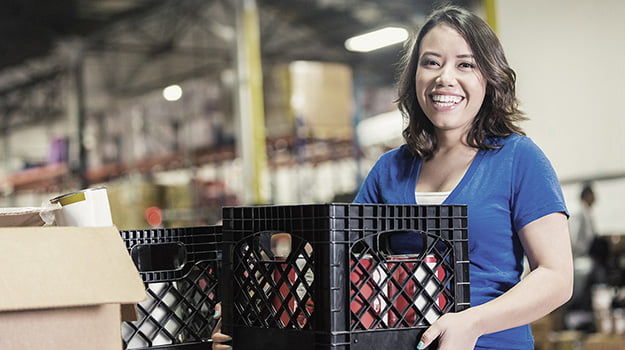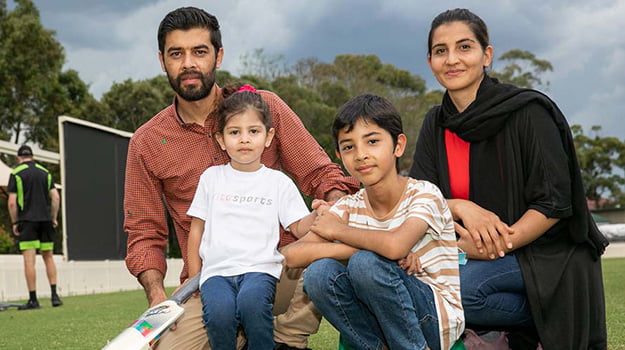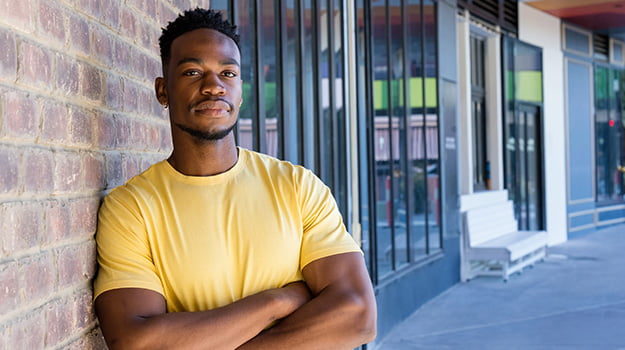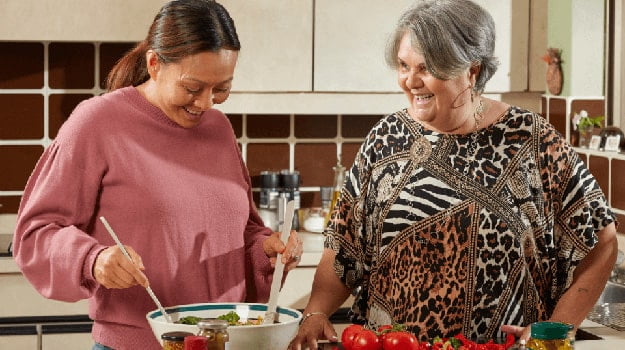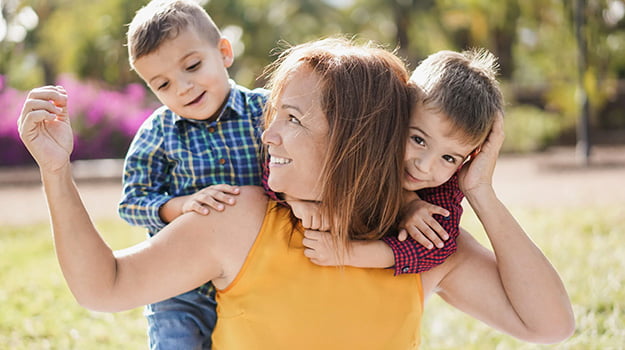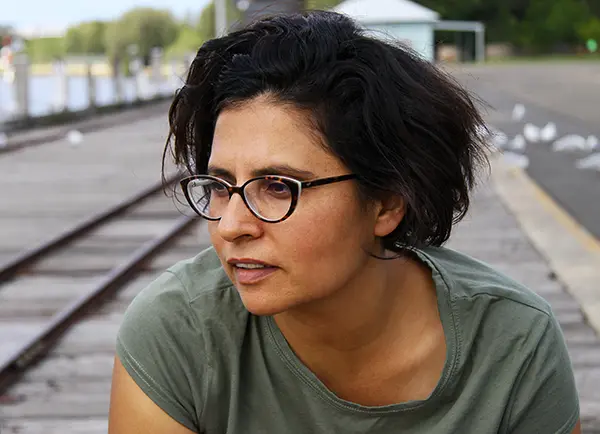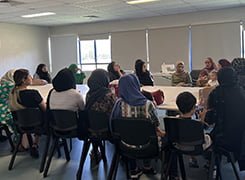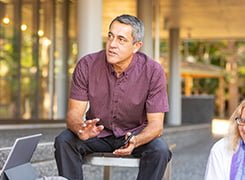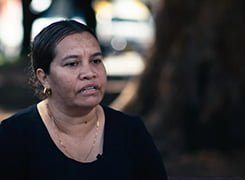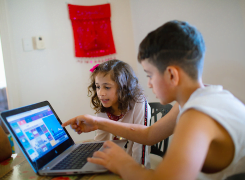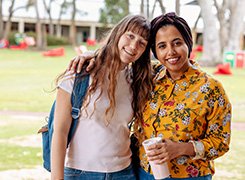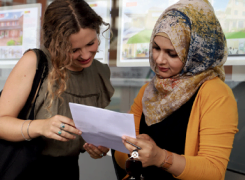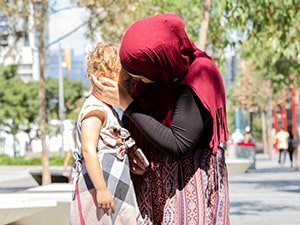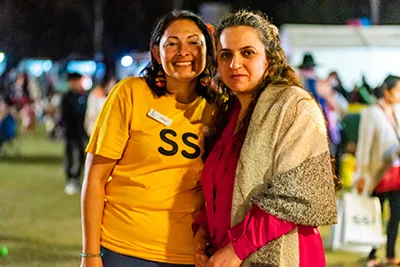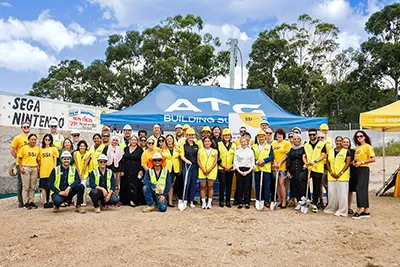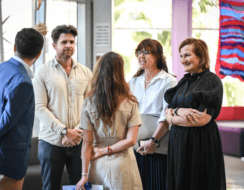05 Oct 2021
NewsGenerous donor gives laptops to refugee families struggling with homeschooling
Yasameen Al-Natrawee’s daughter, Linda, is captured with her new refurbished laptop.
Refugee and resident of Fairfield in Sydney’s west, Yasameen Al-Natrawee, recently spoke to ABC News about how she had been severely affected by the COVID-19 lockdown, including losing work.
The former chemical engineer and single mother arrived in Australia with her seven-year-old daughter, Linda, in early 2020.
Technology barriers are commonplace and, as in Ms Al-Natrawee’s case, a mobile phone is often the only device with internet access at home, presenting challenges when schooling is driven online.
“It is hard to teach my daughter on a small screen, and some documents, PDFs, don’t open properly,” she told ABC News.
Ms Al-Natrawee’s challenges were alleviated when she received a refurbished laptop from a donation drive organised by Bob Olivier, a semi-retired data analyst and business owner from Sydney’s Lower North Shore, who contacted SSI offering to source laptops after he heard about another mother struggling with digital access.
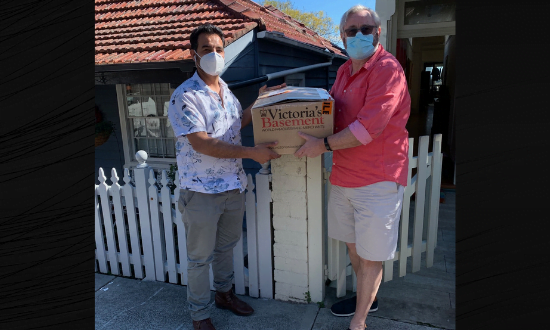
Generous donor Bob Olivier (R) is captured with a box of refurbished laptops.
Iraqi refugee and mother of three, Farah Noaman, arrived in Australia with her family in 2019 and was struggling to assist her children with their schoolwork.
Interviewed by ABC News last month, she expressed her concern about online learning and its long-term impacts on her children’s education.
“My youngest child uses my phone [for online learning],” she said.
“It’s very hard using a phone to do homework.”
Mr Olivier said he heard the interview and it struck a chord.
“As a parent, I could imagine the challenge of seeing your children switch off and not be able to reach their full potential.”
Mr Olivier approached his friend Stephen Harman—a retired chartered accountant and volunteer at the Asylum Seekers Centre—to get involved in refurbishing the laptops.
“After I had spoken to my mate Stephen and he agreed to help me refurbish any used laptops I could get my hands on, I used social media and an existing Facebook community group to source them.”
He said he provided instructions to donors on how to erase old data for privacy before handing over their old devices.
“Stephen does a diagnostic and does a factory reset, including uploading Microsoft Office suite, so that laptops are ready to go.”
Mr Olivier’s first donation drive has successfully yielded eight laptops, one smartphone and two iPads, which have now been sent across to SSI to distribute to the refugee families that need them most.
Ms Al-Natrawee said, “Thank you, SSI and Mr Olivier, so much for the laptop, and Linda [my daughter] was so happy when we received it!”
Yamamah Agha, general manager of settlement service delivery at SSI, said access to technology was often taken for granted but refugees’ digital literacy was a significant issue that came into sharp focus during 2020 due to COVID-19.
“Issues with language and parents’ digital literacy present many challenges, including limited access to education and training, especially as it applies to the growing tendency to online learning and digital education delivery.
“It’s very difficult for families like the Noaman family as they’ve had to homeschool with a lack of access to devices.
“In larger refugee families, there is a greater need for digital hardware as family members are often required to attend online classes at the same time.”
Mr Oliver said he was getting ready to ramp up his efforts and had begun talking to local councils and larger businesses sourcing laptops, iPads and phones for a second round.
“My wife is also speaking to one of the nearby private schools.”
When asked why he was determined to continue the laptop donation drive, Mr Olivier said it was not hard to put yourself in the shoes of resettled refugee families.
“Imagine you are sitting there, and your children can’t study, and they’re getting angry and depressed, and you’re helpless and need to depend on the generosity of others.
“People might think contributing is hard. We’ve now lowered the barriers.
“If they have a hard time picturing it, look at the people queuing on the tarmac in Kabul. The lucky ones are here now, sitting in quarantine with nothing. So, yes, give us your old technology and make a contribution.”
The Humanitarian Settlement Program, funded by the Australian Government Department of Home Affairs* and delivered by Settlement Services International, has provided Ms Al-Natrawee and Ms Noaman with wrap-around support services.
*Go to https://homeaffairs.gov.au/ for more information.

